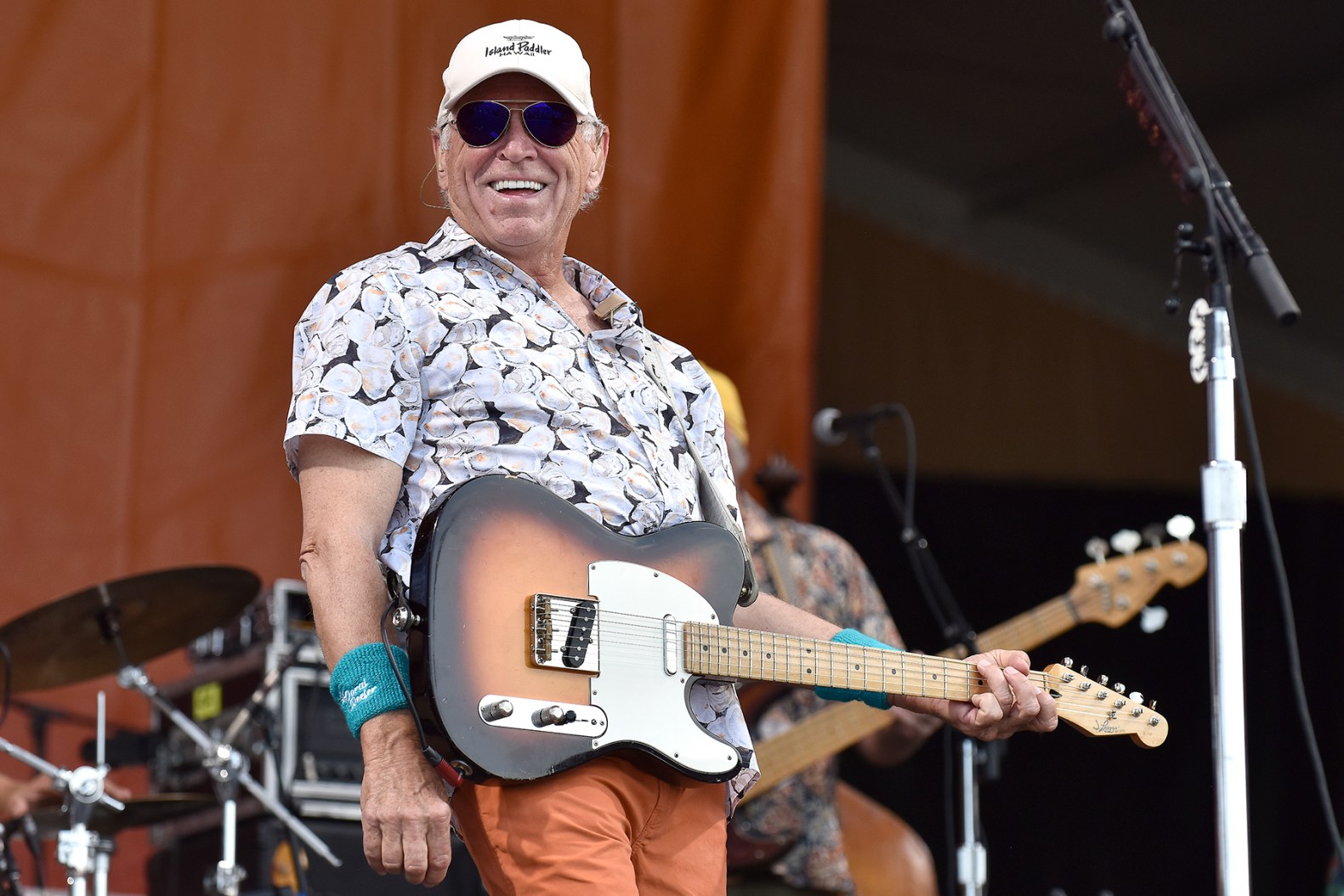Every once in a while, I cut myself a little slack and deviate from the Daily Blog norm. Instead of another hard lesson in marketing, I like to just talk about something fun. Or in this case, sad. And it actually has a lot of marketing embedded, as you will see.
Pop music fans are mourning the death of Jimmy Buffett, who passed away last Friday night at the age of 76. I know. Many of my students may have never even heard of him, much less listened to his music. Heck, he was 12 years older than me, and I’m almost as old as the hills. So I grant forgiveness if you have not had the pleasure. You can ask your parents or grandparents about it.
How It All Started
James William Buffett graduated from the University of Southern Mississippi in 1969, and moved to Nashville a year later to hone his craft as a country musician. He released his first album in 1970. But as musicians and the trade go, he found himself moving again, this time to Key West in 1972. It was there he found the island lifestyle to his liking, and started developing his signature music style, “tropical rock,” a blend of country underpinnings but with pop and calypso sensibilities.

He released his second album in 1973, and from there it was off to the races. He was promoted as a “replacement” for pop star Jim Croce, who had died in a plane crash that year. And while I will not vouch for that comparison, he did go on to fill a void.
I will never forget the first time I heard one of Buffett’s songs. Back then in ‘73, I was 14 and headed toward high school that fall. I used to listen to Chicago’s WXRT on the radio in my bedroom, often leaving it on all night. WXRT was very much a rogue station back then, playing deep tracks and songs the other stations wouldn’t touch with a ten-foot pole. When they played “Why Don’t We Get Drunk,” I knew this guy was going to go far, and that a personal love affair with his music had begun.
Oh, and there is a parenthetical to that song title. IYKYK, or just search for it on YouTube.
One Magical Song
While he scored a handful of hits the next few years, it was in 1977 that he struck gold. Margaritaville became the song for which he was, is, and forever will be best known. It became his brand, and he and his band, the Coral Reefers, became so popular that legions of fans known as Parrotheads became a rum-infused cult. Well, not that kind of cult. But they were certainly willing to travel to hear their idol play one more time. Or a few dozen.
It is here that I must pivot, because you can read of his musical exploits and 30 albums elsewhere. Turns out that while Buffett was a good songwriter and musician, he was a great businessman. His wheelings and dealings, much more than his music, books, and even acting, are why he died worth $1 billion.
How’s that for finally weaving a little marketing into the narrative?
More Hits Than Misses
Buffett was not unlike other entrepreneurs, meaning that not everything he touched turned to gold. But his successes exceeded his failures, and he left us with a legacy of products and services that will endure for many years to come.
Ever eaten at a Margaritaville restaurant? Had a burger at Cheeseburger In Paradise? Indulged in a Landshark Beer? Stayed at a Margaritaville resort? Thought about retiring at a Latitude Margaritaville residential complex?
I could go on. It is rare to find a pop musician who actually has as much or more business sense as he does music. His brand extended far beyond words, chords, and melodies into things his fans want.
A few days ago, while driving home from Taos, I had SiriusXM tuned to Channel 24, Margaritaville. They were playing complete recordings of his final—unknown to him—Key West concerts from February this year. It was a sad retrospective, and his lyrics suddenly took on new meanings.
A Man For All Seasons And Generations
While it can easily be said that Jimmy Buffett was the domain of Baby Boomers, I suspect his popularity spanned generations. His music was infectious and timeless, and tugs at many people’s inner beach bum. If my Gen-Z students know all the words, then you are proof positive of this.
More than anything, Jimmy Buffett sold a lifestyle, the musical accompaniment to which was filled with his catchy lyrics and tunes that had more hooks than a tackle box. If it made you want to chill with an adult beverage…well, you just tapped into what he found in Key West back in ’72. And if you have ever been to Key West, you know that this vibe is still very much in existence. It’s the end of the road (US 1), but then again, it’s also the beginning.
Mr. Buffett chose to focus on the latter, his new-found calling and guitar in hand. We’ll be singing his songs for years to come, but marketing people like me will also be singing his business praises. It was a life well-lived, and his music became the soundtrack to many a fan’s life.
He knew it, embraced it, and was humbled by it. More than anything, he embodied it. His online death announcement said so poignantly, he “lived his life like a song till the very last breath.” Jimmy picked the right road to fame and fortune, and, good God Almighty, he knew which way to steer.
Dr “I Like Mine With Lettuce And Tomato” Gerlich


